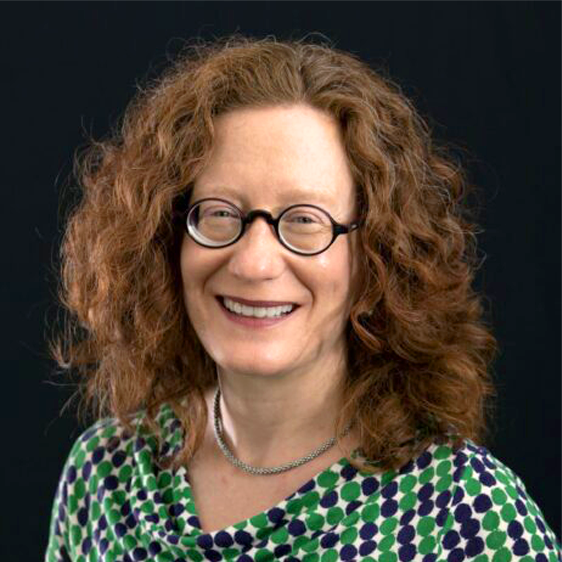Recognizing the need for genuine belonging, a grassroots effort at Metropolitan State University of Denver aims to ensure that employees with disabilities feel valued and supported via a new employee affinity group.
 This month, MSU Denver will launch a new Disabled Faculty and Staff Affinity Group led by Elizabeth Kleinfeld, Ph.D., professor in the English Department and director of the Writing Center. Ione Priest, assistant director of Accessibility Technology and Testing with MSU Denver’s Access Center, is co-facilitating the affinity group with Kleinfeld. The group’s first monthly online meeting is Sept. 11 at 2 p.m.
This month, MSU Denver will launch a new Disabled Faculty and Staff Affinity Group led by Elizabeth Kleinfeld, Ph.D., professor in the English Department and director of the Writing Center. Ione Priest, assistant director of Accessibility Technology and Testing with MSU Denver’s Access Center, is co-facilitating the affinity group with Kleinfeld. The group’s first monthly online meeting is Sept. 11 at 2 p.m.
Kleinfeld, who lives with disabilities, envisions the group as a support network that could celebrate disability pride, as part of MSU Denver’s commitment to diversity, equity and inclusion. Kleinfeld hopes the affinity group will foster community and elevate conversations about accessibility and inclusion across campus.
“When we realize we’re not alone, it becomes much more possible to advocate for ourselves and others and for change in general,” Kleinfeld said.

Goals of the program
The group was launched in response to feedback from faculty and staff members who expressed feelings of isolation.
Kleinfeld stressed the importance of recognizing physical and “invisible” disabilities, such as neurodivergences and mental-health conditions, within the disability spectrum. She supports a flexible approach that honors self-identification, pointing out that getting a formal diagnosis can be a lengthy and costly process.
“If you identify as disabled, then I respect you as a disabled person,” Kleinfeld said, dismissing the need for paperwork to document a diagnosis. She hopes the group’s “big tent” approach will spark broader conversations about disabilities and foster a more inclusive campus environment.
“We want people to know we exist and to join us,” she said.
Zach Clark, a senior instructional–accessibility specialist and English professor, supports the effort. Diagnosed with attention-deficit hyperactivity disorder, anxiety and depression, Clark believes the affinity group could be transformative for many colleagues.
“Giving staff and faculty members a sense of belonging and community is really important,” Clark said. “A common line in the disabled community is that more and more people are becoming disabled, especially after Covid was a global disabling event.”

Data show that the number of people with disabilities has increased since the pandemic, including mental-health challenges and physical conditions such as long Covid. Though Kleinfeld doesn’t have faculty-and-staff-oriented data, based on anonymous surveys she estimates that more than half of her students identify as disabled.
Building an inclusive future
Kleinfeld and Clark said the affinity group reflects MSU Denver’s strong commitment to creating an inclusive environment where individuals feel seen, supported and empowered.
Kleinfeld emphasized that fostering community and advocating for accessibility ensure that disabilities are recognized as a valued aspect of diversity.
“We want to talk about disability not as a problem but as a point of identity and as something that is socially constructed and widespread,” she said.
For more information about the Disabled Faculty and Staff Affinity Group, contact Kleinfeld at [email protected].

